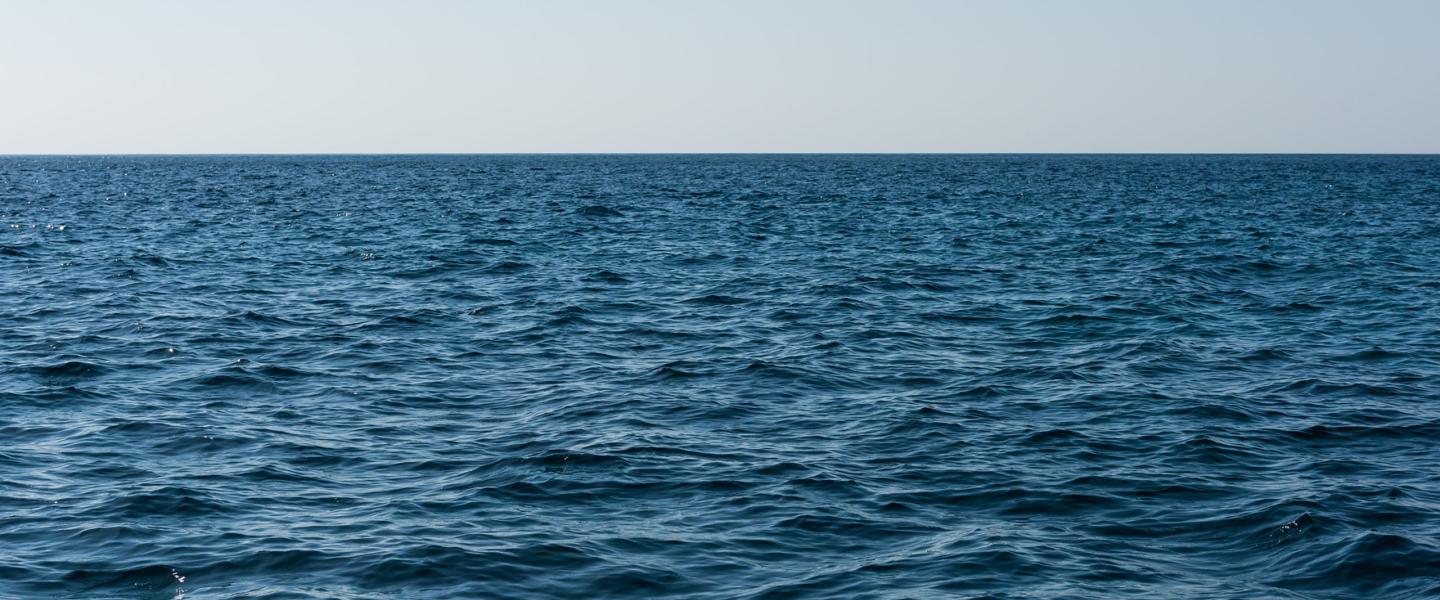
Main Blog HERE
In a week that saw the European Commission unveil plans for an EU wide refugee quota system, migration in the Mediterranean continues to divide opinion among Member States. With this in mind it is fitting that we remind ourselves that, contrary to some politicians’ assertions, under certain circumstances access to international protection is not a discretionary act of mercy but a human right which States are obligated to protect.
Article 1 of the 1951 United Nations Convention Relating to the Status of Refugees defines a refugee as any person who “owing to well-founded fear of being persecuted for reasons of race, religion, nationality, membership of a particular social group or political opinion, is outside the country of his nationality and is unable or, owing to such fear, is unwilling to avail himself of the protection of that country; or who, not having a nationality and being outside the country of his former habitual residence as a result of such events, is unable or, owing to such fear, is unwilling to return to it.” Therefore, signatory States are under an obligation to grant international protection to any person who may claim asylum on this basis, subject to satisfactory evidential requirements being met.
Further, Article 33 of the Convention sets out a general principle of international law known as the principle of non-refoulement. This principle obliges signatory States and by extension masters of vessels flying under the flag of States party to the Convention, to refrain from expelling or returning “a refugee in any manner whatsoever to the frontiers of territories where his life or freedom would be threatened on account of his race, religion, nationality, membership of a particular social group or political opinion.” In the case of migrants in the Mediterranean this would therefore, in most cases, prohibit the return of rescued migrants to Libya.
The European Court of Human Rights in its 2012 ruling in the case of Hirsi & Others v Italy (Application no. 27765/09) stated that signatory Sates must “guarantee access to a fair and effective asylum procedure for those intercepted who are in need of international protection”. The effect of this decision is that the onus is very much on States to ensure that their legal obligations under the 1951 Refugee Convention and indeed the European Convention on Human Rights (ECHR) are upheld.
Therefore, migrants in the Mediterranean who are fleeing persecution as defined in the 1951 Convention have a right to claim asylum and any EU measures implemented in the future must avoid doing anything to undermine this.

Daniel Shepherd is a HRAS intern and the spokesperson for Seawatch.
